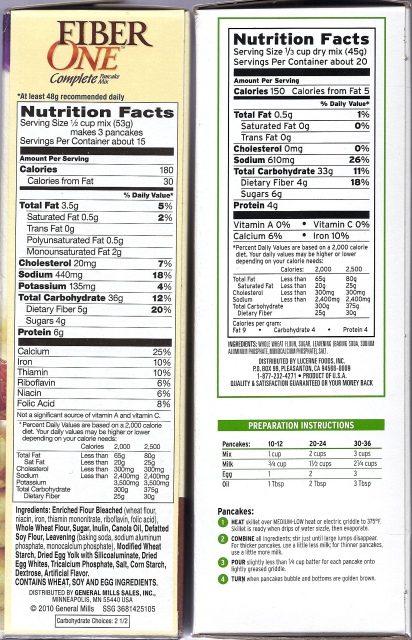Canned Food: Good or Bad?
Pros:
1. Durability and Convenience: Canned food offers a long shelf life, lasting up to several years, without refrigeration. This makes it an excellent choice for emergency preparedness and long-distance travel. It is also convenient for quick meals and as pantry staples.
2. Nutrient Retention: The canning process retains essential nutrients, including vitamins and minerals, present in the fresh food. This means that canned foods can provide a valuable source of nutrients in the diet.
3. Affordable: Canned food is generally less expensive than fresh or frozen options, making it an economical choice for individuals and families on a budget.
4. Safety and Preservation: Canned foods undergo a sterilization process that destroys microorganisms and prevents the growth of bacteria, ensuring the safety of the product over an extended period.
Cons:
1. Sodium and Preservatives: Canned foods may contain high levels of sodium and preservatives to maintain freshness and extend shelf life. Excessive sodium intake has been linked to health problems such as high blood pressure and cardiovascular diseases.
2. BPA and Food Safety: Some canned goods are lined with Bisphenol A (BPA), a chemical used to coat the inside of cans and prevent corrosion. BPA has been associated with various health concerns, including reproductive issues, developmental disorders, and certain types of cancer. However, the Food and Drug Administration (FDA) maintains that the levels of BPA found in canned goods are safe for consumption.
3. Loss of Nutrients: Despite preserving many nutrients, some vitamins, such as vitamin C, can degrade during the canning process, reducing the overall nutrient content of the canned product.
4. Altered Flavor and Texture: Canning can alter the taste and texture of foods compared to their fresh counterparts. This can impact the sensory experience and affect individual preferences.
5. Environmental Impact: Canned foods contribute to waste generation due to the packaging and disposal of cans, raising concerns about environmental impact and resource management.
Overall, while canned food offers convenience, durability, and nutrient retention, it is essential to be mindful of potential concerns related to sodium content, BPA exposure, nutrient loss, altered taste, and environmental impact. Choosing canned foods low in sodium, opting for BPA-free options when available, and balancing their consumption with fresh and minimally processed foods can help minimize potential health risks and enjoy the benefits of canned food in a balanced diet.
-
Thank You
Question just wanted to say thank you and Ive been meaning to do
-
Nutritional foods for exercising
QuestionHi Laurie, Im 16 years old and Im quite petite and I usu
-
Weight Management and calorie intake
QuestionHello. I just recently was diagnosed with an eating disor
-
weight...
QuestionHello, I am a 17 year old female who is 53 and now weighs
-
Daily Calories Intake to Lose Weight
QuestionHi! I am 47 y/o, 52, and currently weigh 166 lbs. I under
-
wanting to lose weight after 2 kids
Questionhello.. Im beginning to feel rather fed up I found it dif



